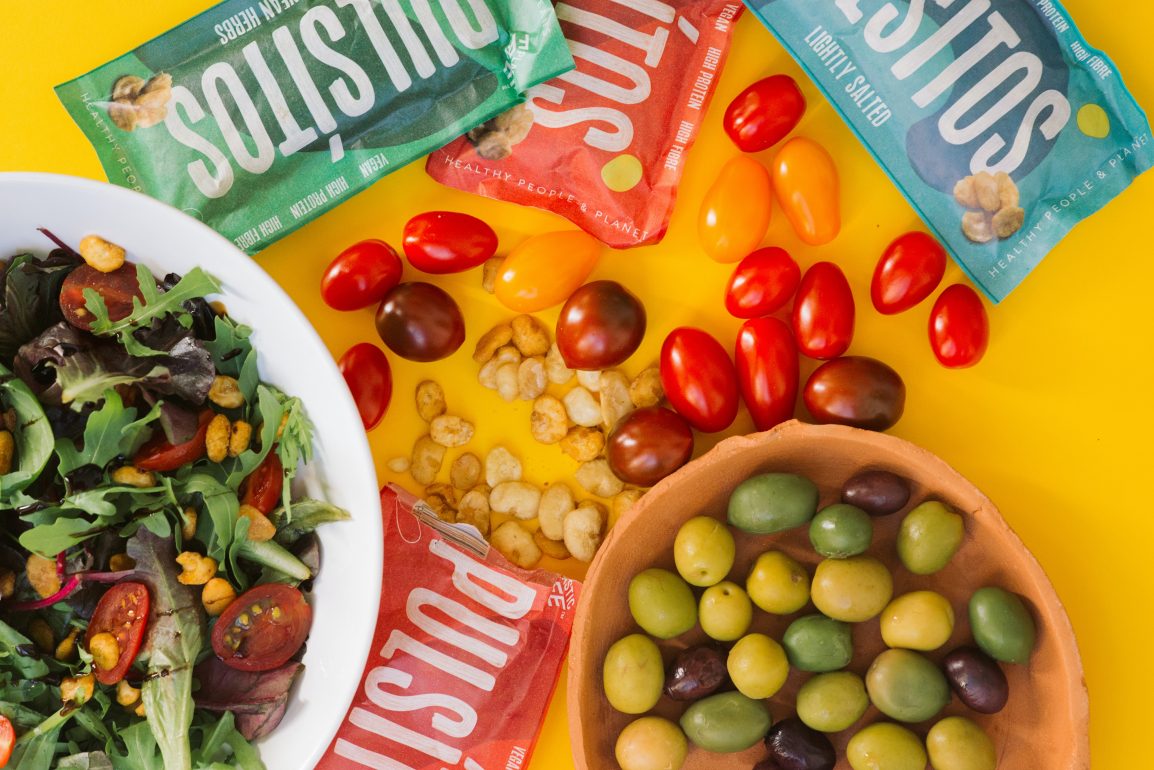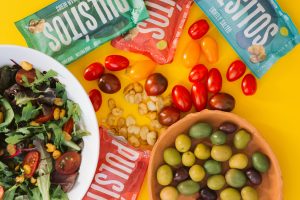Photo: https://unsplash.com/photos/J4o9E2G9zxM
It is known that teenagers eat poorly, especially when they do not have a healthy habit from the beginning. Society, television, and various commercials can have a strong impact on that. It is a great responsibility for us as parents to try to guide them on the right path. The overall growth and development in this period can be influenced by various factors such as gender, heredity, certain diseases, insufficient sleep, gonads, seasons, socio-economic conditions, and diet. For boys from the age of eleven to sixteen, there is rapid growth, and for girls from the age of eleven to fourteen. Therefore, a sufficient amount of vitamins, especially D and C, protein, minerals, especially calcium must be taken. Read on to see how to eat healthy in your teen years.
Don’t overeat
The best way for a teen to maintain a healthy weight is to have a diet rich in whole grains, fruits, vegetables, low-fat or low-fat dairy products, beans, eggs, fish, nuts, and lean meats. Eating healthy means having the right balance of nutrients. As a teenager grows, he/she will need more calories and a higher intake of key nutrients, including protein, calcium, and iron. How much a teenager needs to eat depends on individual needs. In general, your teen should eat a varied diet. Older teenagers and the diet they practice under the influence of the environment are often in collision with healthy recommendations.
Make healthy eating habits
The basic thing that a teenager should understand is to develop a positive attitude towards a normal balanced diet and nutritious foods. This teaching will lead him to become the healthy, independent adult you, as a parent, want to become. The transition from girl to girl on a larger scale starts around the age of 12. The transition from boy to boy is more significant around the age of 14. Regardless of whether your teenager feels too thin or too fat, it is important to take the focus away from the teenager and instead focus his attention on a diet that should be proportionate to activities, timely, and balanced. Let the teenager understand nutrition as a joy, not as a must.
What to eat?
Fruits and vegetables every day. Your teenager should eat about 350 g of fruits and 370 g of vegetables a day (for a 2,000 calorie diet). You need to have a varied diet, not a monotonous one. From vegetables, choose broccoli, peas, cabbage, cauliflower, green beans, green leafy vegetables, carrots, sweet potatoes, beets, peppers, tomatoes, cucumbers, zucchini, onions – all that and much more. Nuts are also a great choice. Check out what is the healthiest nuts to eat and make sure to include nuts in your diet, it’s a great snack!
Bonus tip – combine training and a healthy diet
In addition to a healthy balanced and varied diet, physical activity can help your teen build muscle, bones and lift his mood. It can also reduce the risk of chronic diseases such as heart disease and high blood pressure. You do not have to set unrealistic goals for the teenager, let him decide for himself which activity he will engage in. Make sure that you always support him/her in that. Teenagers should be active 60 minutes a day, preferably 5-6 days a week. It is not the goal for a teenager to spend all his free time in front of a phone, tablet, console, or computer. Here you can find interests such as swimming, running, basketball, aerobics, football, cycling, but also other physical activities such as walking the dog, working in the yard, etc. Improvisation can sometimes be very interesting. Try it!


